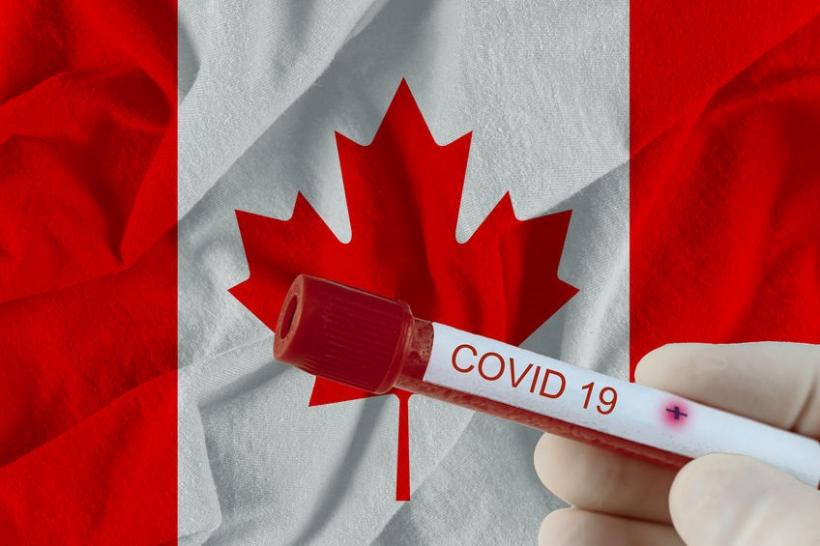
Last Updated: January 7, 2021
On December 31, 2020, the Government of Canada announced that beginning on January 7, 2021, all passengers 5 years of age or older will be required to provide a negative COVID test prior to travelling by air from another country to Canada.
When this policy was first announced there were many unanswered questions, however, the government has since clarified many of these unknowns.
These new COVID testing requirements will impact many snowbirds when they travel back to Canada in the near or mid-term. To help you navigate and comply with this new policy, we have provided answers to some of your most pressing questions below.
For detailed information and future updates about this policy, we also encourage you to visit Transport Canada’s COVID-19 testing requirements for travellers entering Canada page, as well as the Transport Canada's January 6 News Release providing some updates to the COVID-19 testing requirements.
When does the COVID test need to be taken?
The COVID test must be conducted within 72 hours prior to your scheduled flight boarding time to travel to Canada and, unless otherwise exempted, travellers must provide written or electronic documentation to the airline prior to boarding a flight to Canada proving the test result was negative.
Travellers departing from the Caribbean or South America can use tests conducted within 96 hours of departure (instead of 72 hours), but only until January 14, 2021.
What kind of COVID test is required?
The test must be performed using one of two types of COVID-19 tests:
- a molecular polymerase chain reaction (PCR) test, or
- a Loop-mediated Isothermal Amplification (LAMP) test
Only written or electronic proof of a negative laboratory test result will be accepted for boarding, otherwise, boarding will be denied by the airline.
What if I can’t get a PCR or LAMP test in my destination?
You will be denied boarding if you do not have a negative COVID test that meets the criteria outlined above.
Do I still have to quarantine when I arrive in Canada?
Yes, the 14-day quarantine requirement is still in place, regardless of the negative test result.
Travellers must have a quarantine plan in place when arriving in Canada that is acceptable and must use the ArriveCAN app or sign in online at ArriveCAN and provide accurate contact information about your mandatory 14-day quarantine plan on or before entry.
Canada Border Services Officers have also increased their scrutiny of quarantine plans. If your quarantine plan is deemed to be insufficient, you will be required to spend your 14-day quarantine in a Public Health Agency of Canada facility.
Does the negative COVID test requirement apply to land travel?
At this time, the requirement to obtain a negative COVID test prior to arrival does not apply to individuals entering Canada by land.
However, we encourage all snowbirds planning to drive back to Canada in the coming weeks and months to check for updates to these policies regularly, as they can change quickly and it is unknown at this time if testing requirements will be expanded or modified.
If you are travelling to Canada by land, you are encouraged to submit your travel information through ArriveCAN prior to your arrival. This will speed up processing at the border and limit points of contact. Show your ArriveCAN receipt to the border services officer.
What if I have been vaccinated for COVID-19 prior to travelling to Canada?
At this time vaccination is not accepted as an alternative to a negative COVID test result. If you have been vaccinated in the U.S. or you were vaccinated before leaving Canada, you are still required to provide a negative COVID test.
Who pays for these COVID tests?
You are responsible for the cost of your COVID test, which can be quite expensive, depending on your destination. It is unlikely that a COVID test for this reason will be covered by your travel medical insurance policy, but you may want to check with your provider just in case.
What are the penalties for non-compliance?
Violating any quarantine instructions provided when you enter Canada is an offence under the Quarantine Act and could lead to up to six months in prison and/or up to $750,000 in fines.
















